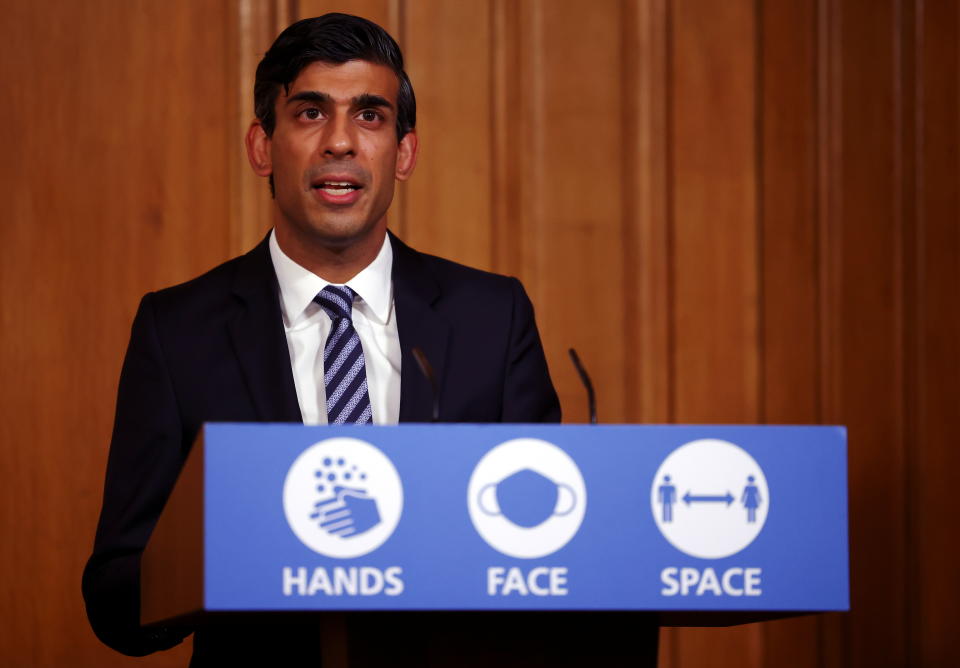What's next for the furlough scheme? The extension and Job Support Scheme explained

The furlough scheme, also known as the coronavirus Job Retention Scheme, has been extended for one month, as the UK economy braces for a second lockdown in England due to start on Thursday.
The scheme, which was designed to support businesses amid wide-reaching lockdowns, had been due to end yesterday (31 October) and be replaced by the Job Support Scheme (JSS) on 1 November.
The Treasury hasn’t given a precise end date to the scheme, but said it will run until December.
According to HMRC, the initial furlough scheme protected almost 10 million jobs over the last eight months, in the midst of one of the biggest economic downturns the country has ever seen.
The UK has been teetering on the edge of a full scale national lockdown for sometime as a growing number of regions fall into Tier 3 restrictions.
An extension to the scheme could provide a vital lifeline for struggling hospitality businesses, which will be forced to close in the four-week lockdown. Pubs, cafes and restaurants will only be permitted to offer takeaways.
Payments will be extended, with the government stumping up 80% for the wages of employees whose businesses have forced to close.
Furlough so far
From March to July, the government paid for 80% of furloughed workers wages, up to a cap of £2,500 ($3,300) a month. It also covered national insurance (NI) and pension contributions.
Since August, the government has peeled back the scheme with a view to it tapering off at the end of October.
Employers started contributing to workers’ national insurance and pension contributions in August.
In September the scheme moved on so that companies would pay 10% of furloughed staff’s wages, while the government contributed 70%.
In October, employers’ contributions toward employee wages upped to 20%, with the government covering 60%.
The Job Support Scheme and the Jobs Retention Bonus
The new JSS was due to come into effect today (1 November), and was aimed at propping up “viable” jobs and covering up to two-thirds of workers’ wages where businesses are forced to close under localised lockdowns. The plan was that it would run until April 2021.
Last week, the government revised the JSS and confirmed that, when it kicks in, it will now contribute 62% towards the wages of staff for the hours they do not work, while employers pay just 5% plus national insurance and pensions contributions. Employees receive a minimum of 73% of their wages.
Under JSS Closed, which is for businesses legally required to close due to lockdown restrictions, the government will pay two thirds of each employees’ salary with employers just covering national insurance and pension contributions, a small proportion of overall employment costs.
READ MORE: The week the COVID-19 second wave hit stock markets
Firms who retain staff that have previously been furloughed until the end of January will also receive a £1,000 per eligible employee payment under the Jobs Retention Bonus (JRB).
For many lower-earning employees on Universal Credit (UC), the combined impact of the support of the JSS and UC will mean they could receive around 90% of their normal net income. Employees must work 20% of their hours to qualify for support.
Before the chancellor revised the package, the scheme originally required people to work 33% of their regular hours.
After three months, the government said it would consider whether to increase the minimum hours threshold.
It is estimated that the revised Job Support Scheme could end up costing the exchequer £10bn.
Watch: What is a V-shaped economic recovery?

 Yahoo Finance
Yahoo Finance 